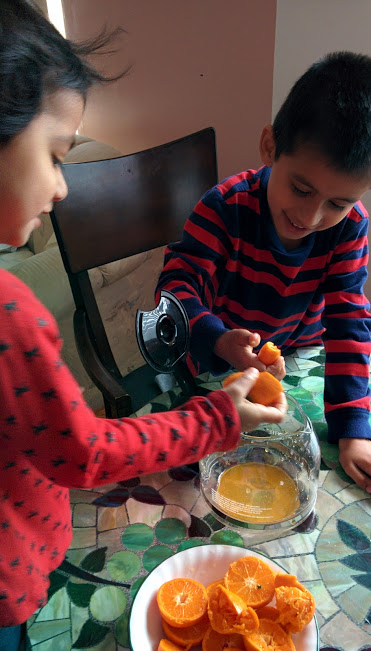February 14 is a day thousands of Americans shower each other with “love” with flowers and candy. For many American Muslim families, it is just another day. Valentine’s Day originates from paganism, during which men gifted women with presents to begin new relationships. The holiday was later meshed with commemorating a Christian figure, Saint Valentine, from Rome.
Read more about that on NPR’s “The Dark Origins Of Valentine’s Day”
http://www.npr.org/2011/02/14/133693152/the-dark-origins-of-valentines-day
While the modern day celebrations may not resemble non-religious or religious practices, the holiday stems from both. Muslim students may celebrate it as is or with friends instead. As a first generation American Muslim student, I had to figure which holidays were in line with my cultural and/or religious beliefs. My kids don’t.
During holidays at school, I often debate whether or not the holiday aligns with my religious beliefs or indirectly promotes intolerance, exclusion (feeling left out without a Valentine), or showcases practices which go against the principles of my faith (Halloween; kids dressing as evil characters, satan, or begging for treats).
I write emails or letters to the teachers to explain our family’s stance. I’ve received positive feedback from teachers and we’ve often found ways to incorporate generic activities or provide inclusive alternatives for activities.
For example, my kids do not participate in Halloween. They wear normal clothes or add accessories for Spirit Days. They do not participate in the school-wide Halloween trick-or-treating parade. Halloween, like Valentine’s Day, stems from paganism which contradicts the belief of God.
For Christmas, I shared my sensitivities toward Christmas activities with my preschooler’s teacher. Our family does not celebrate Christmas. The teacher had winter-themed activities without using Christmas symbols. I am fine with “Holiday Parties” and “Holiday Gift Exchanges” rather than “Christmas Parties” and “Secret Santa,” for a more inclusive approach.
Last year my son Zayd had a class party in which I provided halal hot dogs to share with other students. A halal diet is similar to Kosher, requiring humane conditions of an animal prior to slaughtering animals in God’s name, and cooking foods without ingredients derived from non-halal products including pork, gelatin or alcohol.
My son has not taken valentine cards or candy to school for the past two years. This year I have two kids in school, both who want to take valentines to school. We will be making simple cards with a word of kindness instead of going all out on candies and cards. (My kids still have the option not to take anything at all.)
Bushra Hussain, a reading specialist and paraprofessional at Bridge Academy East in Hamtramck, Mich. did a similar project with kindergarten and first grade students. They made handmade cards for kids at the Children’s Hospital to learn sympathy and compassion toward others. They also gave balloons and toys to accompany the cards.

(Credit: Bushra Hussain)
I believe kids can usually engage in alternative activities which incorporate faith and /or principles of doing good such as volunteering at a local soup kitchen during the holiday season, being kind to others without being asked, attending fall festivals instead of Halloween festivals, and reading books to learn about other cultures and religions.
Families should do what is best for them. Everyone has the right to practice their beliefs the way they best understand them.
My family’s needs may change over the years. I want to raise kids with a strong American Muslim identity. Both identities can coexist. I want them to know whether or not they celebrate Valentine’s Day, Halloween, Christmas, they are still Americans who are expected to be productive members of society. They are expected to be respectful, kind, compassionate, and share their experiences with their peers.
Therefore each year my kids and I have an open discussion about the holidays and finding alternative ideas to still enjoy activities by remembering God and doing something positive rather than going along with the status quo.
Edit: Added NPR story about Valentine’s Day history.







